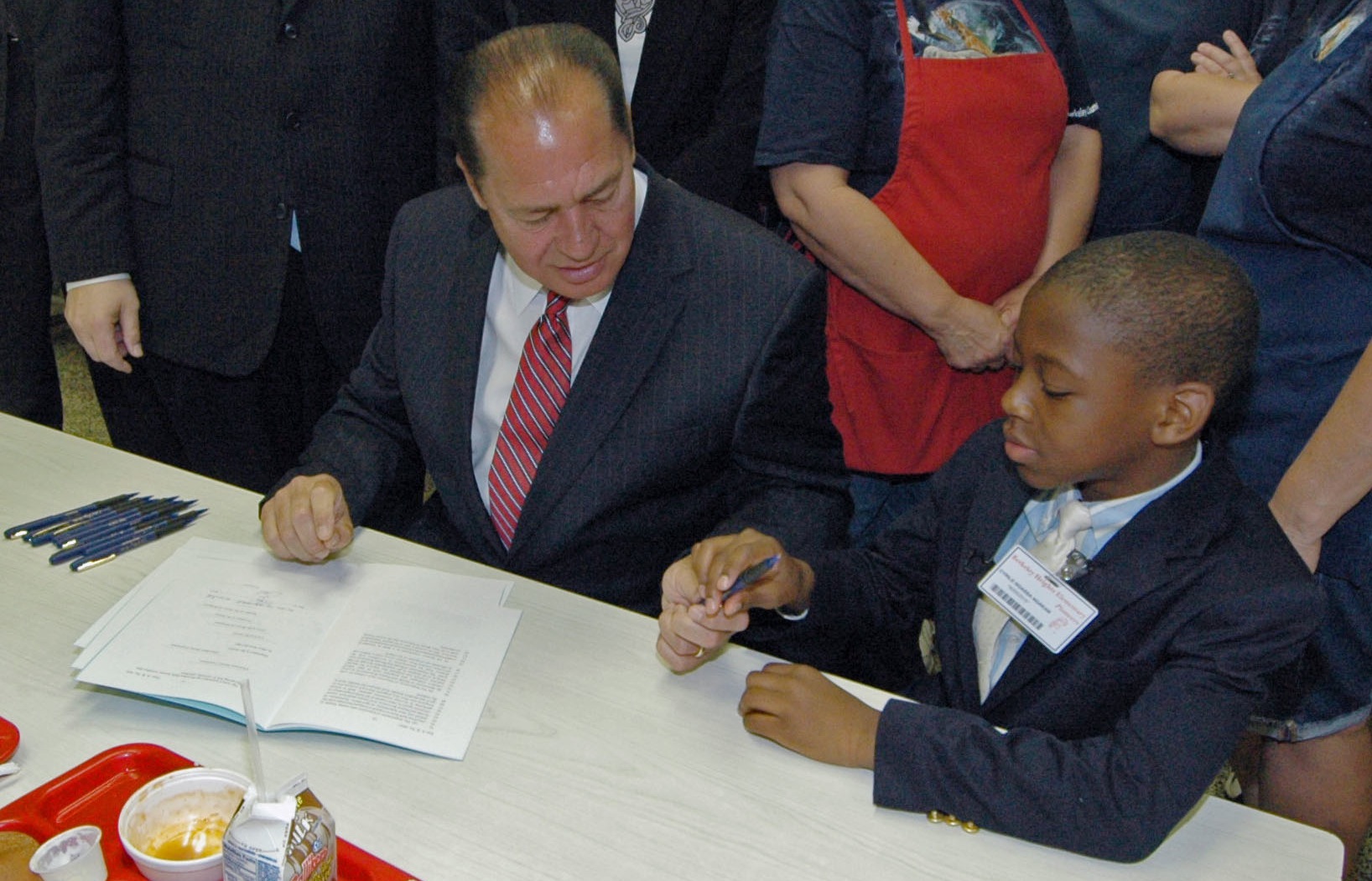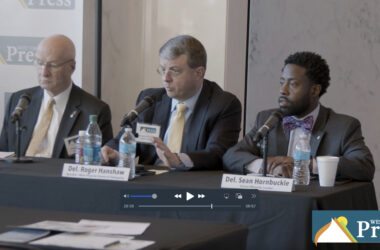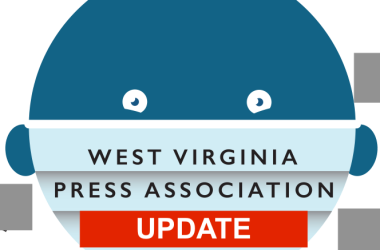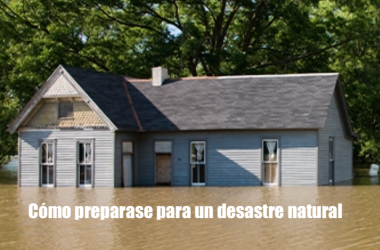WV Senate Majority Leader says one person can make a difference in changing legislation
Editor’s Note: The following article is part of the West Virginia Press Association’s series on the “Our Children, Our Future” Coalition. The West Virginia Press Association is following the coalition’s efforts, providing reports from its organizational meetings through its attempts to have impactful legislation passed during the 2014 session of the West Virginia Legislature.
By GEORGE HOHMANN
WVPA REPORT
CHARLESTON — State Sen. John Unger, the West Virginia Senate Majority Leader, has been a high-profile presence at “Our Children, Our Future” Coalition events, offering encouragement to those involved in the grassroots effort to end child poverty in West Virginia.
The reason for Unger’s involvement: The Senator, D-Berkeley, says he knows one person, or one movement can make a difference. He has seen it happen.
Unger likes to tell how a third grader’s comment galvanized efforts to provide free meals to every elementary school student in the state. He says the story illustrates that one person can make a difference and demonstrates how, when the winds of change begin blowing in one direction, they are irresistible.
“He said, ‘So I won’t eat Mommy and Daddy’s food tonight
and my little brother will have something to eat.’”
Sen. John Unger repeating an elementary
student’s comments on the need for extra lunch.
A champion of many of the efforts by those involved in the “Our Children, Our Future” coalition’s quest to end child poverty in West Virginia, Unger used the story to inspire attendees at workshops last month in Beckley and Bridgeport.
Coalition members are now preparing for a symposium in Charleston on Tuesday, Sept. 24, followed with presentations to the Senate Select Committee on Children and Poverty on Wednesday, Sept. 25, Unger’s example of success in generating real policy change in West Virginia may give all members of the coalition hope.
Unger was the lead sponsor of the Feed to Achieve Act, which positions West Virginia to become the first state in the nation to provide free breakfast and lunch to every elementary school student. It envisions using federal money and contributions to pay the costs.
In his keynote speech at the “Our Children, Our Future” workshops, Unger recalled visiting Berkeley Heights Elementary School to explain to third graders what a state senator is and how a law is made. He was concerned it would be boring. He got the kids’ attention by asking, “Do you know who my boss is?’”
One child guessed it is the Governor. Another shouted that it must be the mayor. Yet another guessed it’s a judge.
“One little kid in back stood up and said, ‘Your wife!’ I said, ‘That’s right, at home. But who is my boss as a state senator?’
“I told them, ‘You are my boss!’
“They thought I was lying,” Unger said. “I explained that every four years I’m either re-hired or fired. They must have seen that TV show because they started chanting, ‘You’re fired!’”
The Berkeley County Democrat moved the discussion along by talking about how a bill is made. Then, “I said, ‘Today I’m making you all senators.’ Oh, they loved that. Then I asked them, ‘If you could change one thing in this school, what would it be? A little girl said, ‘A longer recess!’ A little boy said, ‘An extra lunch.’
“You now have two bills but you can only vote for one,” Unger told the students. He said he noticed the principal was looking worried about how either of the ‘bills’ would be implemented. So he pointed out that “even if we pass a bill, the governor can sign or veto it. Right now the principal is our governor.
“Then I asked for a discussion and told them, ‘This is called a debate.’ One of the kids said, ‘If we have a longer recess, we have to stay longer in school. ”
Unger told the workshop attendees, “The quality of the debate with the third graders was at times much better than what I hear in Charleston.”
Unger asked the little boy who wanted an extra lunch why he made that suggestion.
“He said, ‘So I won’t eat Mommy and Daddy’s food tonight and my little brother will have something to eat.’
“I asked how many others are in the same situation,” Unger said. “A vast majority of hands went up.”
The experience led to an epiphany: “We can have the best schools, the best teachers and the best technology but if that child is hungry or worried about the next meal, they’re not going to be able to learn fully,” Unger said. “There are mounds of research that show this being the case. It’s not just hearsay.”
The child’s comment illustrates that one person can make a difference and demonstrates how, when the winds of change begin blowing in one direction, they are irresistible, Unger said.
“The Feed to Achieve bill emerged almost at the 11th hour from town meetings,” he said. “It basically got through the Legislature in two weeks. The winds were blowing so hard people wouldn’t dare blow against it.” (Feed to Achieve passed the state Senate 34-0 and the House of Delegates 89-9).

Last month’s workshops were organized by a loose coalition under the banner, “Our Children, Our Future,” to develop policies aimed at eliminating child poverty in West Virginia.
“What you’re doing today is changing the winds in West Virginia,” Unger told workshop attendees. “Think about the empowerment of these kids. Speaking truth to power and being persistent makes change. You are part of changing the winds. The winds are going to blow in such a way that no matter who is in Charleston, change is coming. You’re part of that. I think it’s the only way we’re going to get beyond this partisan bickering.”
Workshop attendees are developing policies aimed at impacting problems ranging from substance abuse to childhood obesity. Proposed policies will be honed at the day-long symposium in Charleston on Tuesday and presented to the Senate Select Committee on Children and Poverty the following day.
“That will be the start of a dialog with the Legislature,” said Unger, who chairs the committee.
A former Rhodes Scholar, Unger’s background includes coordinating relief efforts in a Calcutta slum for the late Mother Theresa and working with Vietnamese refugees in Hong Kong. He pastors the St. John Lutheran Church in Harpers Ferry.
Unger was first elected to the state Senate in 1998. He was re-elected in 2002, 2006 and 2010, and will be up for re-election next year. He was appointed Senate Majority Leader in 2011.
Participants in the “Our Children, Our Future” coalition will meet on Dec. 13 to select four or five policies that will be pursued in the next session of the Legislature, which convenes in January.







